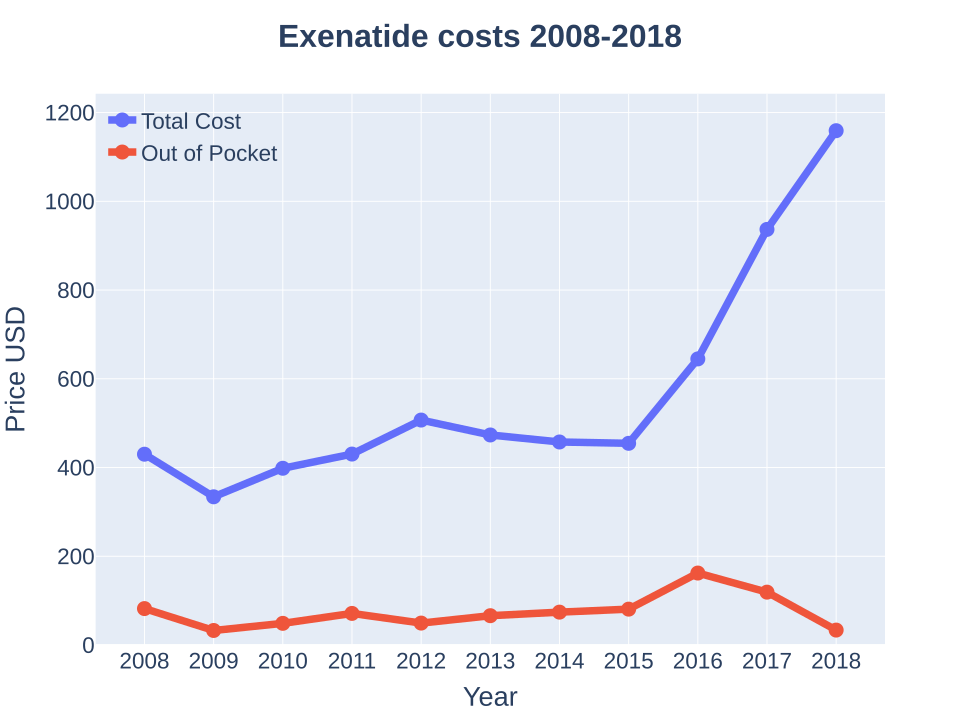Evaluating GLP-1 Receptor Agonists in Neurodegenerative Diseases

Neurologists Indu Subramanian, MD, and Lorraine V. Kalia, MD, PhD, recently discussed the implications of GLP-1 receptor agonists in the treatment of neurodegenerative diseases, particularly Parkinson's disease. This conversation, aired on Medscape, highlights significant findings from recent studies, including a phase 3 trial of exenatide, a GLP-1 receptor agonist, which has raised questions about the efficacy of these drugs in slowing neurodegeneration.
GLP-1 receptor agonists, commonly used to manage diabetes and obesity, have garnered attention for their potential neuroprotective effects. According to Dr. Kalia, a senior scientist at the Krembil Research Institute in Toronto, these medications may address insulin resistance, a factor linked to the risk of developing neurodegenerative conditions such as Parkinson's and Alzheimer's diseases. "Epidemiologic studies suggest that patients treated with GLP-1 receptor agonists have a lower incidence of Parkinson’s disease," stated Dr. Kalia during the discussion.
The recent phase 3 trial of exenatide involved approximately 200 participants and lasted nearly two years, marking a notable length for Parkinson's disease research. The primary outcome focused on motor scores during the off-state of dopaminergic therapy. However, the results were disappointing; the trial found no significant difference in outcomes between the exenatide group and the placebo group. Dr. Kalia emphasized that all secondary measures, including cognitive assessments and quality of life scores, yielded similar results, suggesting a lack of efficacy for exenatide in this context.
Despite the negative outcomes of the trial, the researchers noted that exenatide was well tolerated among participants, with gastrointestinal side effects being the most commonly reported. Dr. Subramanian pointed out that this result reflects the drug's safety profile, which could allow for its continued use in populations without Parkinson's disease, while cautioning against off-label prescriptions.
The implications of these findings extend beyond individual treatment plans to broader discussions about the role of GLP-1 receptor agonists in neurodegenerative diseases. As Dr. Kalia noted, the lack of efficacy in this trial raises questions about the future of GLP-1 drugs in neurology, stating, "We have to weigh the risks and benefits carefully, especially given the potential for side effects."
In addition to evaluating the potential benefits of GLP-1s, the conversation touched on the phenomenon known as the 'lessebo effect', speculating that participants' awareness of their treatment assignment may have influenced their responses. This consideration highlights the complexities involved in clinical trials and the interpretation of results.
As the medical community continues to explore the therapeutic potential of GLP-1 receptor agonists in neurodegenerative diseases, experts like Dr. Subramanian and Dr. Kalia stress the importance of ongoing research. The results of this phase 3 trial underscore the necessity for robust clinical evidence before repurposing existing medications for new therapeutic uses. Future studies may need to refine their methodologies and explore alternative GLP-1 receptor agonists to better assess their neuroprotective capabilities.
In conclusion, while GLP-1 receptor agonists have shown promise in various areas, their effectiveness in treating neurodegenerative diseases remains uncertain. As researchers continue to investigate these drugs, careful evaluation and patient-specific considerations will be crucial in determining their appropriate role in clinical practice.
Advertisement
Tags
Advertisement





